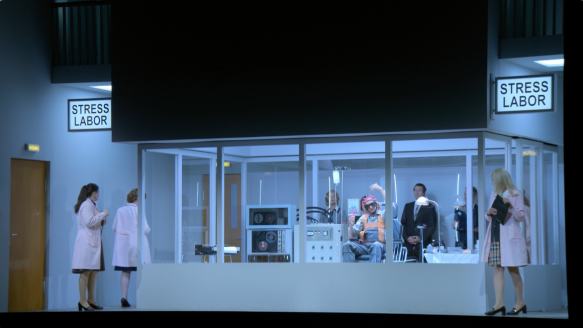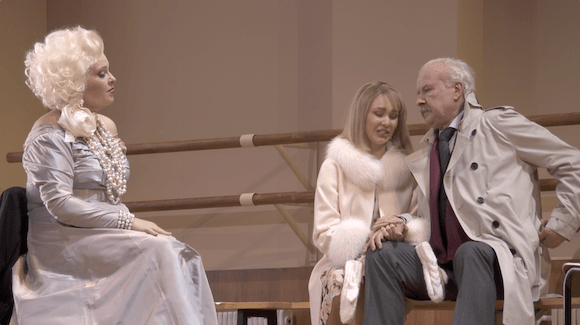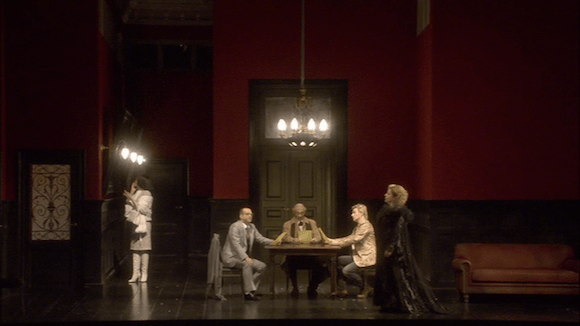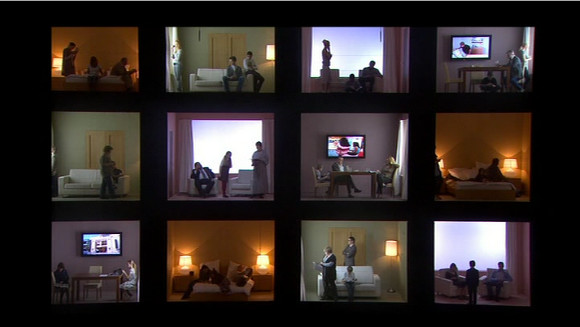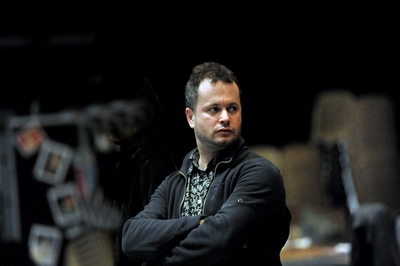Earlier this year the Metropolitan opera staged Borodin’s Prince Igor for the first time in nearly a hundred years with an HD broadcast and a DVD/Blu-ray release to boot. It’s an odd work. It’s quite long; a prologue and three acts running over three hours and it’s very episodic. The prologue takes place in Ptivl; the principality of which I gor is prince. He’s about to lead his army against the invading Polovtsians. There are dark omens. The next thing we see, as Act 1 opens, is that Igor is defeated and a captive of Khan Konchak who’s daughter is now in love with Igor’s son. It’s all just happened. Cue lots of exotic Polovtsiania. In Act 2 we are back in Ptivl where Galitsky is making trouble for his sister, Igor’s wife, who has been left as Regent. Mostly the trouble seems to be drunken partying and when the Polovtsian army arrives at the gates the brother, Galitsky, drops dead. In Act 3 the city has been sacked and everybody is kind of mooning around in the rubble until a pretty depressed Igor shows up and implores the other Russian princes to get off their arses and do something (unspecified). All the important stuff happens off stage and there really isn’t any resolution. There is some great music though.
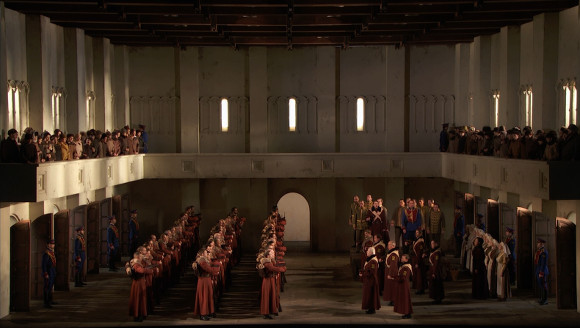 Continue reading →
Continue reading →
